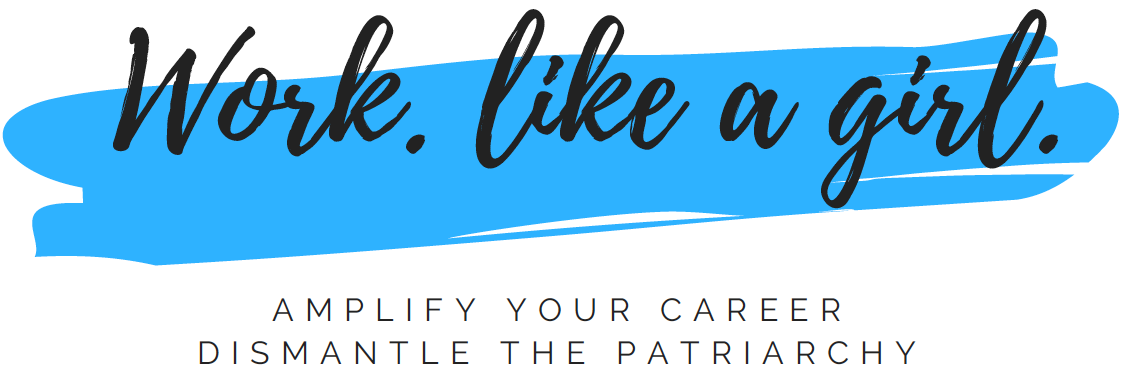The Left Handed Store
Talking about subconscious bias and privilege can be heavy, and no one eases individuals into the discussion more brilliantly than my mentor, Dr. Steven Jones. Before diving into race, age, and gender, he asks, Do we live in a right handed world or a left handed world? Having sat next to Mike Hostetler in the first grade and watching his Hero’s Journey struggle with scissors, I know the world is, indeed, very right handed.
But without Mike or direct discussions about the plight of the left handed, it would never have occurred to me that every single daily task must be tweaked as a lefty. Cars are set up for right handed drivers. Computer mouses. Door handles, hand shakes, coffee mugs, school desks. Everything.
In San Francisco, there is a left-handed store that depicts a world opposite of our own. A world made exclusively for the left-handed, void of any right-handed influence. A world set up for those have made it despite left-hand adversity and the oppressive culture of the right-handed. People like Barack Obama, Lady Gaga, Oprah, Paul McCartney, Steve Jobs, Bill Gates, Julia Roberts, Bill Clinton, and Mike Hostetler to name a few.
As a right handed person, I listen, I feel concern…and then I’m distracted, and I go do something else. Sometimes I’m empathetic. Sometimes I’m apathetic. Never am I in action. And if there was a left-handed outpouring of dense emotional frustration or anger, I would probably “Like” a post. I might repost. I’d think about going to a march. Maybe. Actually, it would probably depend on the weather and my travel schedule. I mean, I get it. I would welcome change. But it doesn’t effect (or affect) my day-to-day.
It’s not lost on me that in the spiritual practices, the left side of the body is associated with feminine energy, while the right side of the body is associated with the masculine. As a woman, I am the gendered left. But I also have an understanding of the privilege of the other side. And with the ability to view both positions, I know that we are now through the looking glass.
After #metoo, something more is in the mix.
The conversations I have experienced this winter and spring are new. What’s new is fear. As an executive coach, I work with men in leadership positions, and the post #metoo conversation has created more than the I don’t quite understand or I’m not directly impacted discussions from last year. It’s I’m afraid of her and I won’t take a chance on her. Men believe that the #timesup reality leaves them volatile. And too much is at stake to take a chance on a woman who might misinterpret his actions.
The fear is extensive. Afraid to hire her. Afraid to promote her. Afraid to coach her. Afraid to sponsor her. Afraid to offer her feedback. Afraid of conversation and interaction. Afraid to be in a room or car alone with a woman colleague.
If I’d heard it from one man, I wouldn’t bring it up. But nearly every man I have coached this year has mentioned it in one form or another. How do I give feedback to a woman without her becoming emotional? How will I be perceived if I hire the attractive woman? It could backfire if she becomes upset. Other executive coaches have mentioned it to me. And Tony Robbins spoke of it, too.
Maybe this is the first time men have been allowed to view this much feminine anger. The outpouring of emotion and information surrounding #metoo has felt like a tsunami hitting the shore. Unexpected, violent. Sudden. For many, not just men, it was overwhelming. But the outpouring was necessary, the way a stomach virus forces everything to leave the body. Now that the worst has past, and we’re still in bed recovering with sweat soaked sheets, what are our next steps?
While sexual harassment might not be perpetrated by more than a few bad actors, those few have contaminated the whole. The #metoo movement has demonstrated that nearly every woman has experienced sexual harassment at least once. The accusations are not arbitrary and whimsical. They are the result of criminal behavior, egregious behavior, repetitive behavior, in which individual women were viewed as the sum of their parts, rather than as fully actualized humans.
As the conversation lulls, the question becomes, What do we do about it now? I had a gnawing anxiety that we would find ourselves here. I was a freshman in college when the Anita Hill story broke. I remember the momentum following the Hill hearings, the many women who ran for office the next year, and the quick to follow, long, long lull of doing nothing to change the reality for women.
As a woman, I can assure you, there is nothing I want to take away from men. But there are some things that I believe it helpful men know, so those of you who want to be a strong ally to women, may become one.
First and foremost, when you hear stories from women about what has happened to them, ask:
Could this be true?
By putting yourself on the other side of your neighbor’s fence, and standing shoulder to shoulder with her, you will understand that #metoo is about harassment, and something more. It’s about the fact that to many, I’m an object, not a subject. In understanding the million micro aggressions I endure, maybe you will understand how the “harmless” comment about sounding like a girl or how someone else on the team should stop being a pussy and man up would impact me.
When we zoom out, it has to do with equal pay. When you do a job, it’s great, but when I do it, it’s less valuable. It’s the double-bind messages I receive about how I should speak up and assert myself, only to be shut down because my communication is “too direct.” It has to do with opportunities, and how I have to support every idea with data, rather than you trusting me with the analysis. And even then, you’ll ask me where the data is from, challenging me rather than supporting my position.
You criticize my work without providing a roadmap of what to do instead. You didn’t intend it, but the feedback is about my tone and appearance, not my work. I don’t conform to the feminine norms you associate with me. The real irony is that when I asserted myself and didn’t allow myself to be interrupted, I was following your advice. But your advice in action paints me as a brash, pushy bitch rather than as a leader.
I could go on. And on and on. But my point is this: women will not be able to conform to masculine norms because we’re not men. And while the whole of the working world has been built for men, the future does not have to be.
There is a left handed store. And more will be built.
They’re being built by women who realize that the best version of the man they are asked to be is the woman they already are. They are building businesses, creating opportunities, and supporting the demographic who make 85% of consumer purchases: other women. They are doing it without support, permission, or venture capital money. Women have realized that we have an opportunity to create something new that fits us. That includes us. That celebrates us.
The definition of insanity is doing the same thing over and over expecting a different result. So we’ll be on your left, creating the next great enterprise. It’d be lovely if you’d join us.


